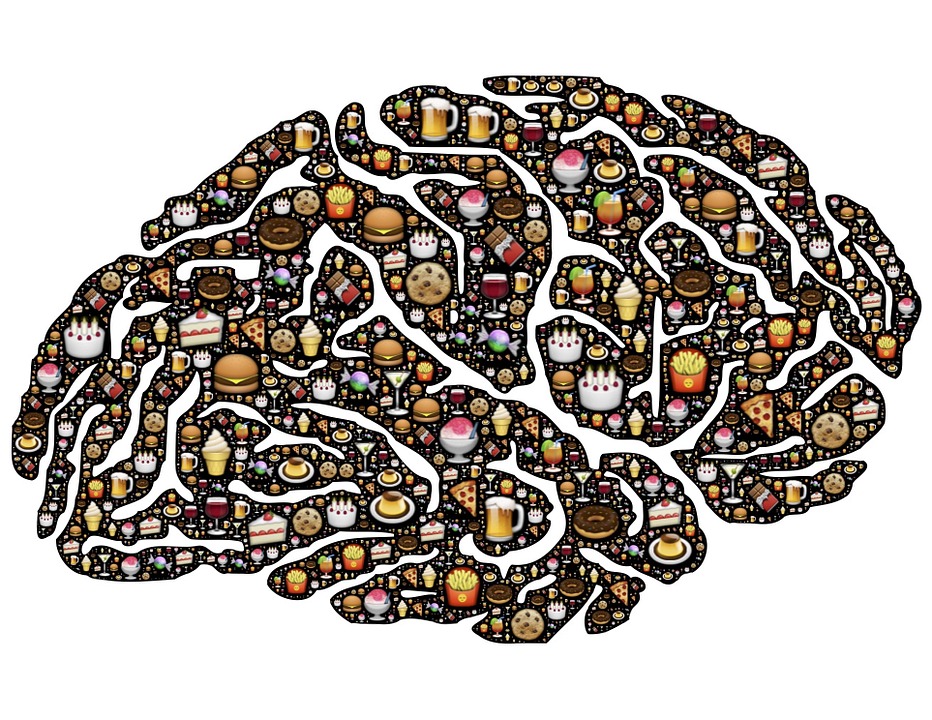
Recent research (1, 2) on children and adolescents has reported that ADHD was positively associated with unhealthy dietary habits, including a higher consumption of refined sugars, processed food, soft drink, instant noodles, and a lower intake of vegetables and fruits. However, the link between low-quality diets and risk of ADHD in adults was still not well established, which would be further explored in the Eat2beNICE research project.
What is the underlying mechanism? There is still no clear answer. Nemours potential biological pathways by which dietary intake could have an impact on mental health were proposed during the past several years (2). For example, iron and zinc are cofactors for dopamine and norepinephrine production (essential factors in the etiology of ADHD), so unbalanced diet with lower levels of iron and zinc may further contribute to the development of ADHD. However, we could not overlook the possibility of a bidirectional relationship between diet quality and ADHD, especially when the interest in the concept of “food addiction” has received greater attention.
Food addiction is, quite simply, being addicted to certain foods (e.g. highly processed foods, highly palatable foods, sweet and junk foods) in the same way as drug addicts are addicted to drugs. Animal models (3) suggested highly processed foods may possess addictive properties. Rats given high-sugar or high-fat foods displayed symptoms of binge eating, such as consuming increased quantities of food in short time periods and seeking out highly processed foods despite negative consequences (e.g. electric foot shocks). Human study (4) supported that individuals with high levels of ADHD-like traits (e.g. high levels of impulsively, disorganised, attention problems) were more likely to suffer from problematic eating behaviour with overconsumption of specific highly palatable foods in an addiction-like manner. Therefore, food addiction, similarly to substance abuse, could also be comorbid with ADHD.
Thus, it seems there could be a vicious cycle between unhealthy dietary habits and ADHD: ADHD may lead to a worse choice of diet, lowering the health quality, which could eventually exacerbate ADHD symptoms. We will further test the bidirectional diet-ADHD associations in the Eat2beNice project.
This was co-authored by Henrik Larsson, professor in the School of Medical Science, Örebro University and Department of Medical Epidemiology and Biostatistics, Karolinska Institute, Sweden.
Reference:
1. Kim KM, Lim MH, Kwon HJ, Yoo SJ, Kim EJ, Kim JW, et al. Associations between attention-deficit/hyperactivity disorder symptoms and dietary habits in elementary school children. Appetite. 2018;127:274-9.
2. Rios-Hernandez A, Alda JA, Farran-Codina A, Ferreira-Garcia E, Izquierdo-Pulido M. The Mediterranean Diet and ADHD in Children and Adolescents. Pediatrics. 2017;139(2).
3. Gearhardt AN, White MA, Potenza MN. Binge Eating Disorder and Food Addiction. Curr Drug Abuse Rev. 2011;4(3):201-7.
4. Ptacek R, Stefano GB, Weissenberger S, Akotia D, Raboch J, Papezova H, et al. Attention deficit hyperactivity disorder and disordered eating behaviors: links, risks, and challenges faced. Neuropsychiatr Dis Treat. 2016;12:571-9.

